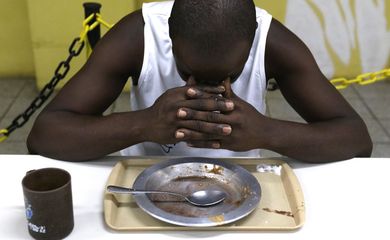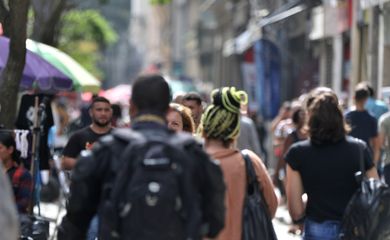Unified Black Movement marks 45 yrs. of anti-racism struggle in Brazil

The Unified Black Movement (MNU) celebrates 45 years of dedicated struggle in defense of black individuals encompassing all aspects of politics, economics, society, and culture. Its historic public launch took place on July 7, 1978, gathering over two thousand people on the steps of São Paulo's Municipal Theater amid the Civil-Military Dictatorship (1964-1985), etching a memorable moment in the nation's history.

Guided by the Sankofa concept, derived from a traditional proverb among the Akan-speaking peoples of West Africa, which says: se wo were fi na wosan kofa a yenki, which can be translated as: it is not taboo to go back and look for what you have forgotten, the movement believes in drawing upon the past to forge a brighter future.
Throughout its journey, the MNU has made substantial progress in the fight against racism, beginning with the very definition of black identity, explains Simone Nascimento, a member of the movement's national coordination.
"The MNU has contributed to various areas, including collaborating with the government´s statistic agency IBGE in recognizing black people within society, dismantling the shades of skin color that perpetuated the myth of racial democracy. It has illuminated our understanding that the black population constitutes the majority in Brazil and, therefore, requires historical reparations and targeted policies to overcome racism," Nascimento stated.
Black feminism stands as another prominent aspect, as Simone elaborates. "The movement has fostered an understanding of the triple exploitation faced by black women, thereby addressing the exploitation concerning all women, combating sexual exploitation, machismo, and wage inequality. The MNU's efforts in this regard have garnered international recognition for the movement of black Brazilian women," she added.
Furthermore, the MNU has played a pivotal role in securing the right to preserve historical memory by incorporating "Afro-Brazilian and Indigenous History and Culture" into the official curriculum of primary and secondary education.
Despite the progress made, Simone acknowledges that numerous challenges persist. "Many crucial public policies remain unimplemented. Therefore, our primary concern is to address the prevailing issue faced by the black population today, putting an end to the alarming rates of genocide affecting black individuals."
She also emphasizes the violation of other fundamental rights. "We must address the obstacles related to equitable access to education, employment, income, and housing. The attainment of democratic citizenship for black individuals in Brazil hinges upon eliminating racism, given that the black population constitutes the majority."




